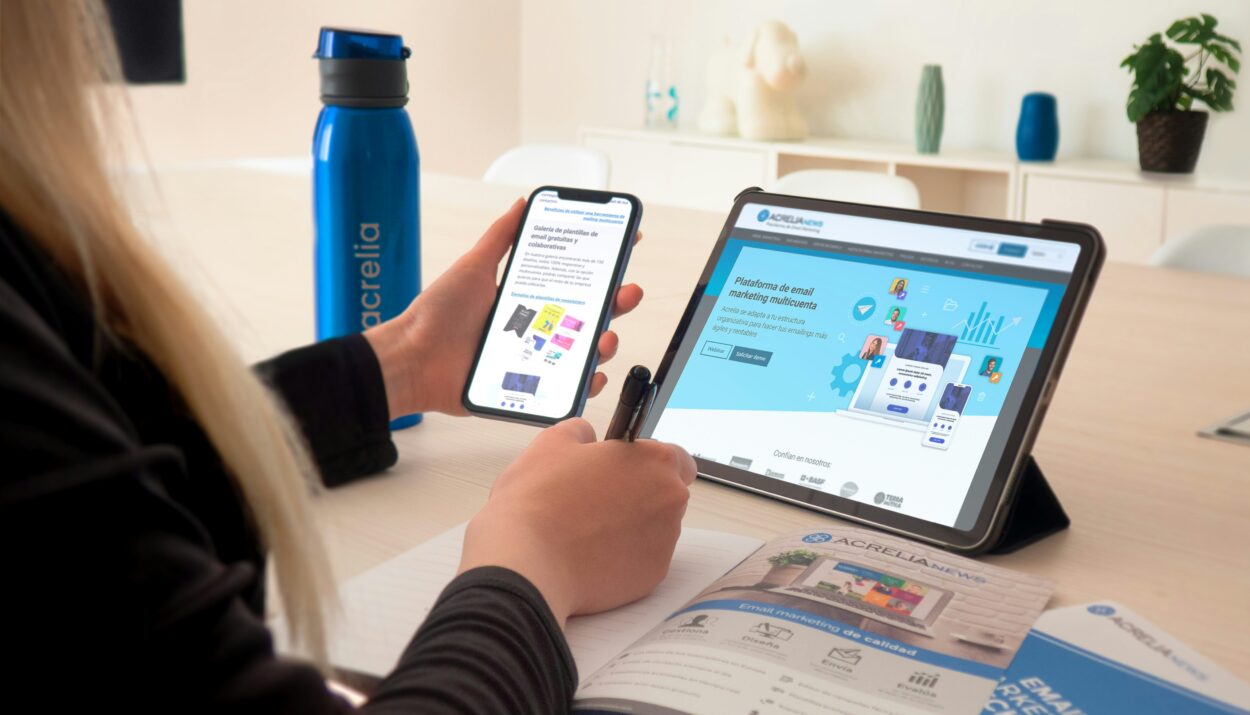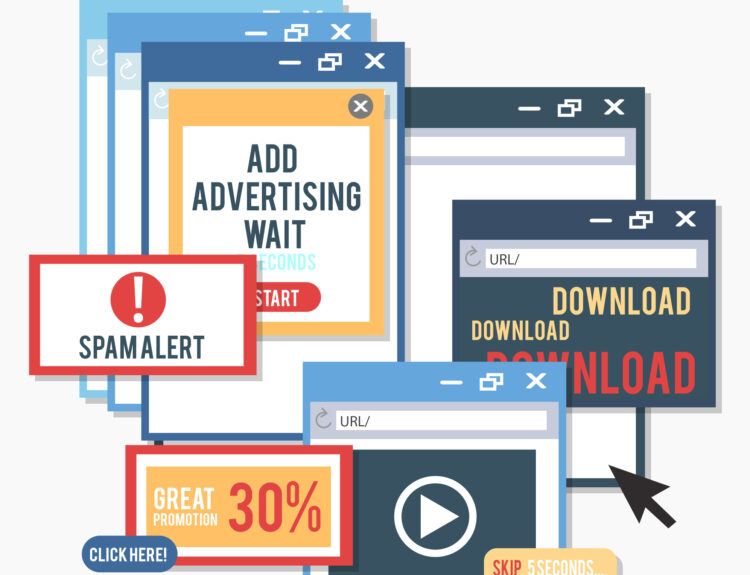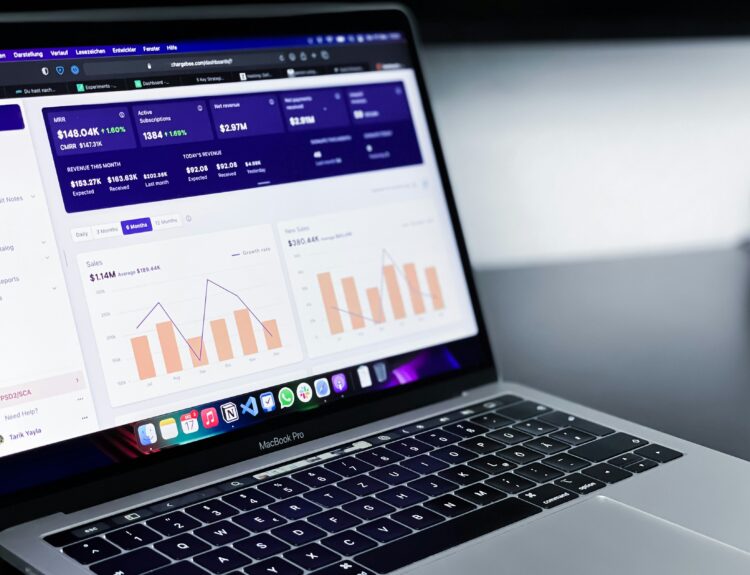In today’s competitive digital landscape, creating content specifically designed to attract and engage ready-to-buy prospects is crucial. Utilizing various types of digital content can significantly enhance your engagement with warm leads and ultimately drive conversions. Here, we explore five types of digital content that are effective across various industries.
Email Campaigns
Email campaigns remain one of the most powerful tools for nurturing and converting warm leads. By crafting personalized and targeted email sequences, businesses can keep prospects engaged and guide them through the buying journey.
Crafting Effective Email Campaigns
- Segmentation: Divide your email list based on demographics, past behavior, and purchase history to deliver highly relevant content.
- Personalization: Use the recipient’s name and tailor the content to their interests and needs.
- Compelling Subject Lines: Ensure your subject lines are attention-grabbing and relevant to increase open rates.
Example of a Successful Email Campaign
A software company could send a series of emails to prospects who have shown interest in a particular product. The campaign could include:
- An introductory email highlighting the product’s features and benefits.
- Follow-up emails with customer testimonials and case studies.
- A final email offering a limited-time discount or free trial to incentivize purchase.
Personal Engagement on Social Media
Social media platforms provide a unique opportunity to engage directly with your audience. By leveraging personal engagement, businesses can build trust and foster relationships with potential customers.
Strategies for Personal Engagement
- Interactive Content: Create polls, quizzes, and Q&A sessions to encourage interaction.
- Responsive Communication: Quickly respond to comments, messages, and mentions to show that you value your audience’s input.
- User-Generated Content: Encourage followers to share their experiences with your products and services.
Example of Social Media Engagement
A fashion brand could host an Instagram live session where a stylist answers questions about the latest trends and provides fashion tips. This direct interaction can build rapport and trust with the audience, making them more likely to make a purchase.
Cost Calculators
Cost calculators are an excellent tool for helping prospects understand the value and pricing of your products or services. These tools provide a personalized estimate based on the user’s input, making them feel more informed and confident in their purchasing decision.
Creating Effective Cost Calculators
- User-Friendly Design: Ensure the calculator is easy to use and understand.
- Accurate Calculations: Provide reliable estimates that reflect the actual costs.
- Clear Call-to-Actions: Guide users to the next step, such as scheduling a consultation or making a purchase.
Example of a Cost Calculator
A home renovation company could offer an online cost calculator that allows users to input details about their project (e.g., square footage, type of materials) to receive an estimate. This helps prospects understand potential costs and encourages them to take the next step in the buying process.
Webinars
Webinars are a powerful way to engage with warm leads by providing valuable information and demonstrating expertise. They allow businesses to connect with prospects in real-time and address their questions and concerns.
Planning Successful Webinars
- Choose Relevant Topics: Select topics that address common pain points and interests of your target audience.
- Engaging Presenters: Ensure presenters are knowledgeable and engaging to keep the audience’s attention.
- Interactive Elements: Include Q&A sessions, polls, and live demonstrations to encourage participation.
Example of a Successful Webinar
A digital marketing agency could host a webinar on “Top Strategies for Increasing Website Traffic.” The webinar could include presentations from industry experts, live demonstrations of tools, and a Q&A session. This positions the agency as an authority and helps convert attendees into clients.
Software Demos
Software demos are an effective way to showcase the functionality and benefits of your product. By providing a hands-on experience, prospects can see firsthand how the software can meet their needs.
Conducting Effective Software Demos
- Tailored Demonstrations: Customize the demo to address the specific needs and interests of the prospect.
- Clear Narration: Guide prospects through the demo with clear explanations and highlight key features.
- Follow-Up: After the demo, follow up with additional resources and answers to any questions.
Example of a Software Demo
A CRM software company could offer live demos where a sales representative walks prospects through the software’s features, demonstrating how it can streamline their sales process and improve efficiency. This hands-on approach helps prospects visualize the software’s value and encourages them to make a purchase.
Conclusion
Creating digital content that attracts warm, ready-to-buy prospects is essential for driving conversions. By utilizing email campaigns, social media engagement, cost calculators, webinars, and software demos, businesses can effectively nurture and convert leads. These strategies not only provide valuable information but also build trust and foster relationships with potential customers. Implementing these types of digital content will help you attract and engage your target audience, ultimately leading to increased sales and growth for your business.







1 Comment
5 Types of High-Converting Digital Content That Attract Ready-to-Buy Prospects in Any Industry – globaladbuzz
6 months ago[…] today’s competitive digital landscape, creating content specifically designed to attract and engage ready-to-buy prospects is crucial. […]